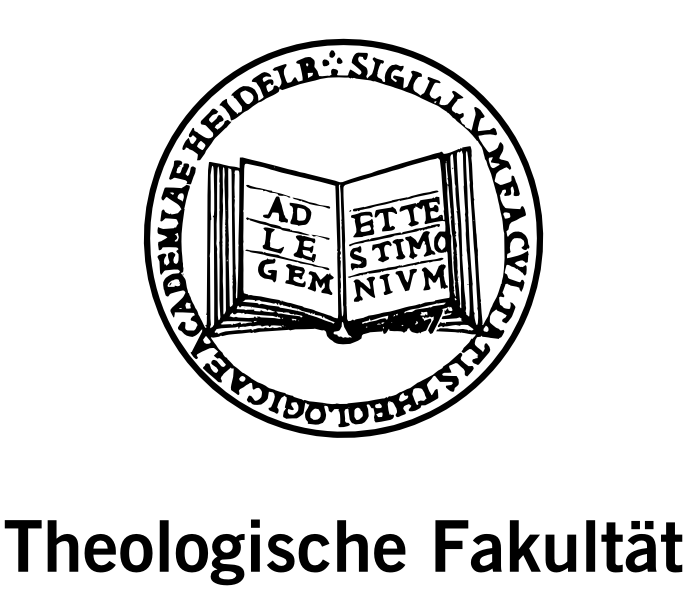Israel, the Nations, and the Kingdom of God in the Gospel of Mark’s Narrative World
1. Beschreibung
This project pushes back against the scholarly consensus that the Gospel of Mark is the product of early Jesus followers who have separated themselves from Jewish ways of living and believing. The project is necessary because the Gospel of Mark has largely been left out of recent attempts to re-read nearly all the texts now contained in the New Testament as expressions of first-century Judaism. There are two main goals. The first goal is to provide methodological clarity to the ways that scholars talk about the groups of people behind ancient texts. I do this with the help of recent advancements in the sociology of ethnicity and group boundaries. This methodological clarity informs the second goal, a close study of the Gospel of Mark as an expression of Judaism. The examination of the Gospel of Mark begins from the observation that the main pillars for the scholarly argument that the writer reacts against Judaism rely on implicit arguments that are often in tension with explicit statements in the Markan narrative. These include arguments about law observance, the temple cult, and the people of Israel, among other things. I then turn to a discussion of groups (esp. Israel and the nations), their boundaries, their boundary markers, and their relationship to one another. A key part of how the writer envisions group differences can be seen in their future expectation. For the writer, this is especially related to membership in the Kingdom of God. The writer never defines the kingdom but seems to assume a shared understanding with their intended readers/hearers. My current hypothesis is that a close study of the writer’s use of Israel’s historical memories suggests that they understand the Kingdom of God as a restored earthly Israel ruled by a divinely appointed king who is descended from David.
2. Beteiligte
Dr. John van Maaren (Humboldt-Stipendiat)


